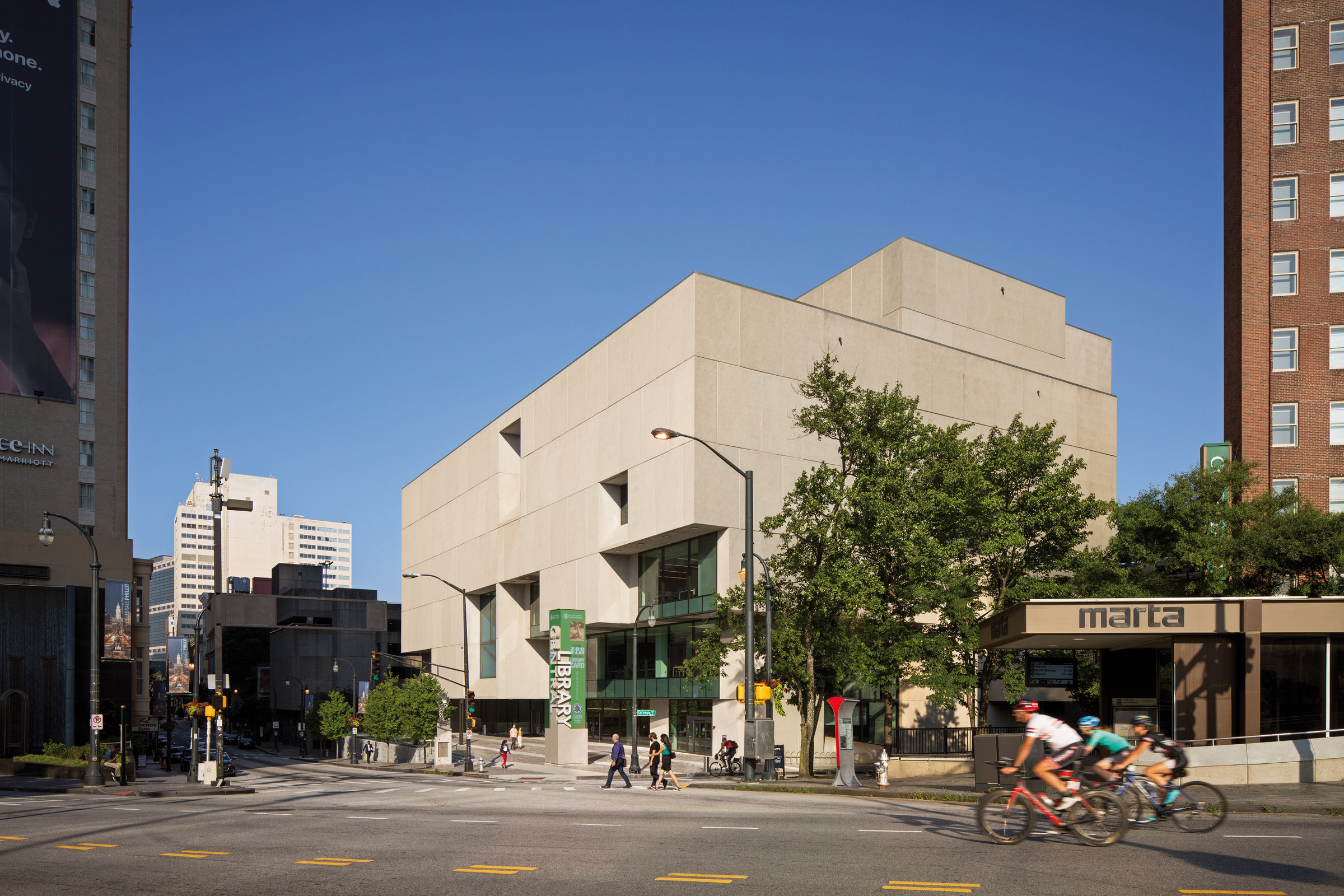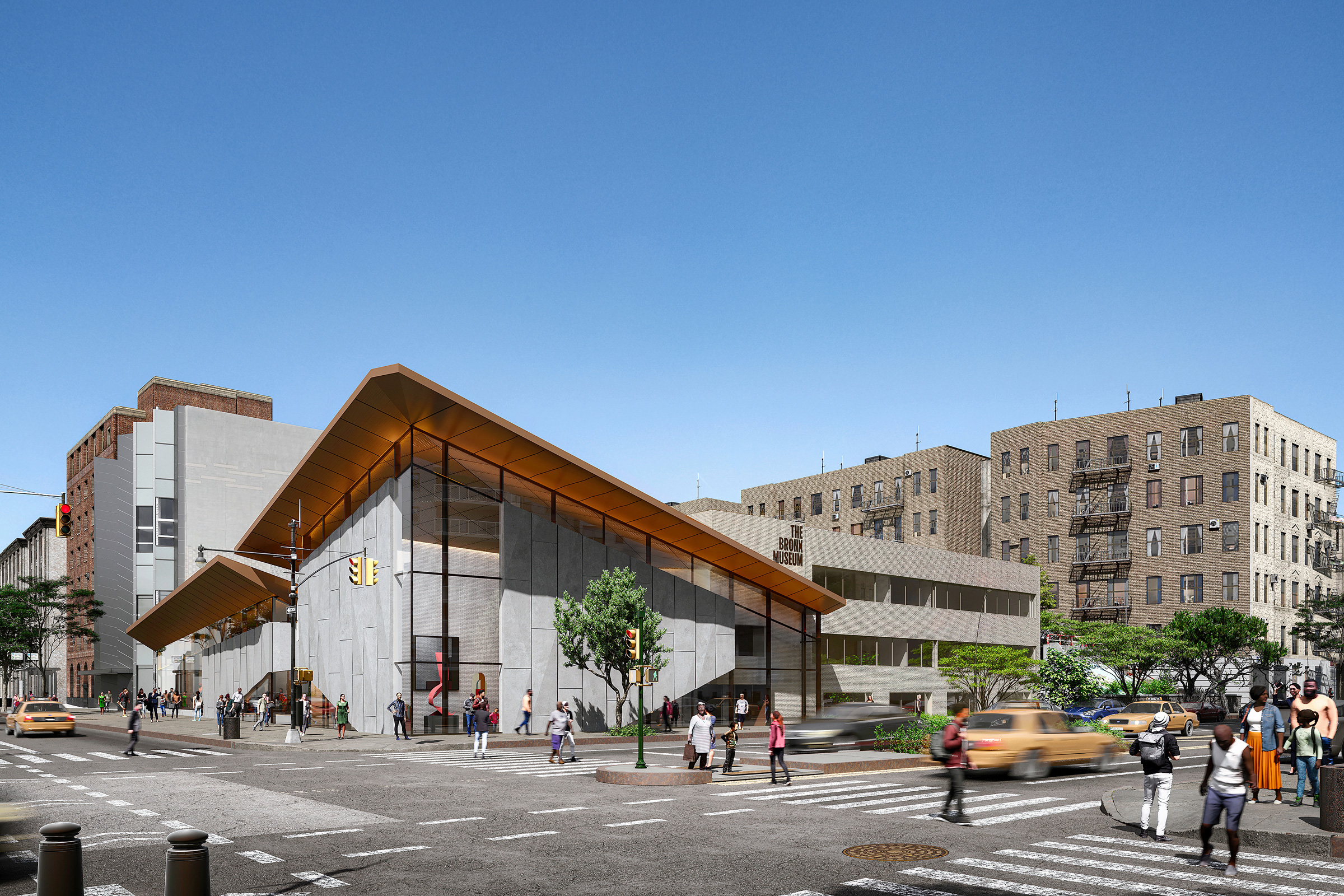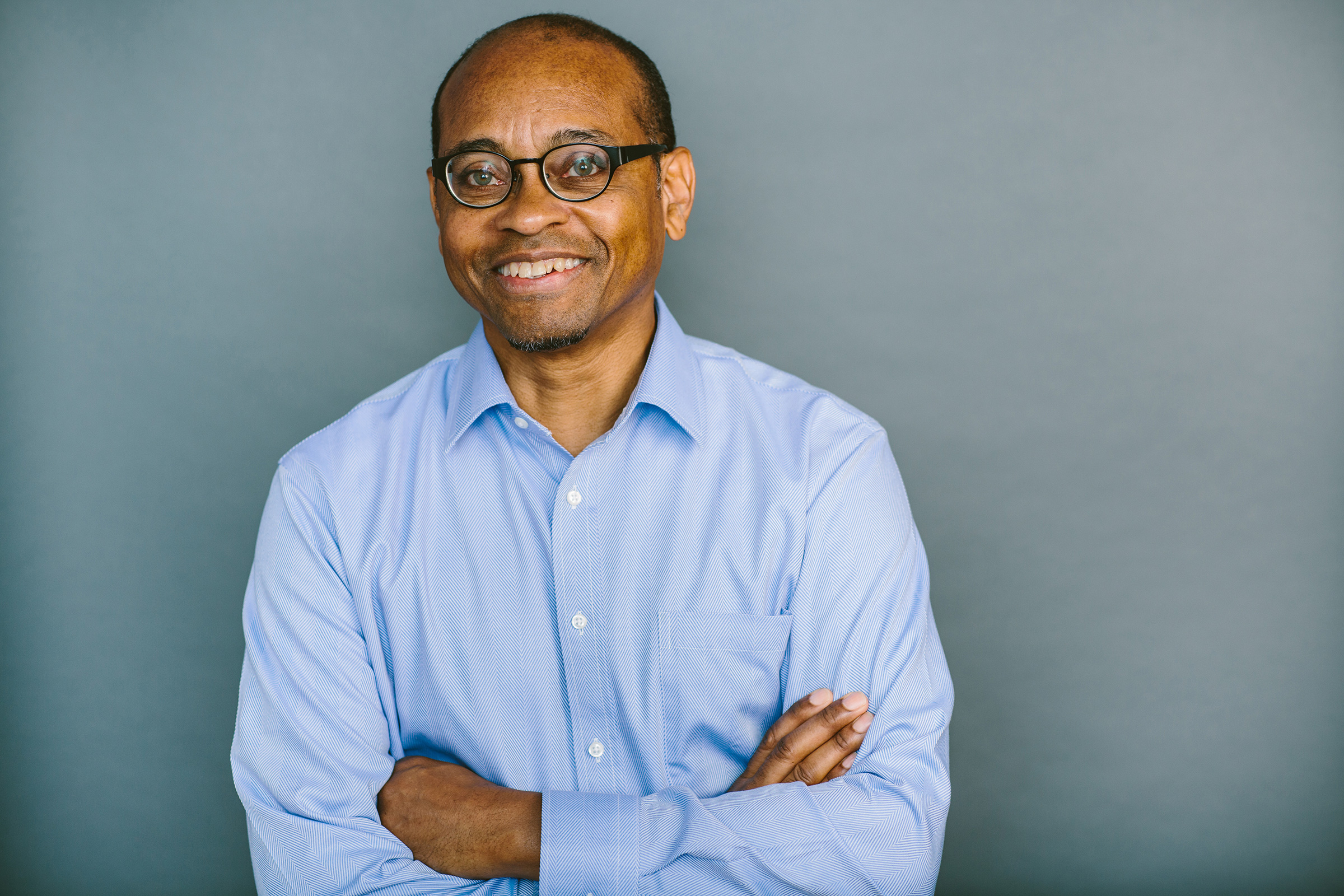Story at a glance:
- Nicolia Robinson is building community and understanding third places.
- Robinson is the director of urban planning and design at Cooper Carry, where she is committed to designing for equity.
“I couldn’t put my finger on it, but I knew I wanted to see my neighborhood become better,” says Nicolia Robinson. “I wanted it to be a better place; I wanted things to look better, feel better. I wanted our grocery store to come back, all the stuff that disappeared.”
Robinson now lives in the Atlanta area, where she’s the director of urban planning and design at the firm Cooper Carry. But she’s describing growing up in South Florida, where she felt that nagging sense of her neighborhood becoming less livable.
“My first job, I walked from my house to the little pharmacy I worked at; this was in the late ’80s, early ’90s,” Robinson says. “It was very suburban, and it was still difficult to do that, but I could, right? But I saw things changing, and not necessarily for the better.”
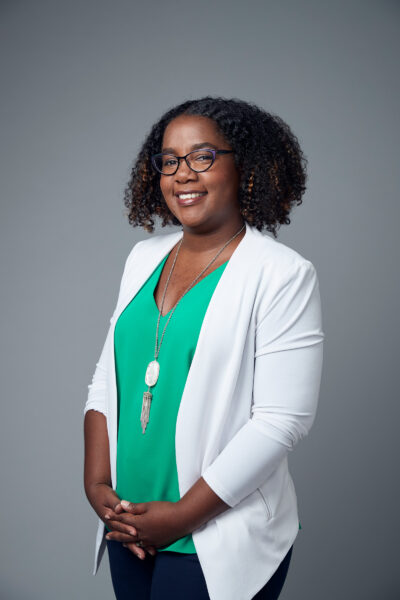
Nicolia Robinson is the director of urban planning and design at the firm Cooper Carry. Photo courtesy of Cooper Carry
Later, while studying architecture at the University of Florida, Robinson took a course in urban design that caught her imagination. “I thought, ‘Whoa, this is really more in line with what I think I’m going to do,’” she says. “Architecture trained our brains to think creatively about finding a solution to a challenge: How do we accommodate people, how do we shelter them? But I became more interested in what really makes a community work.”
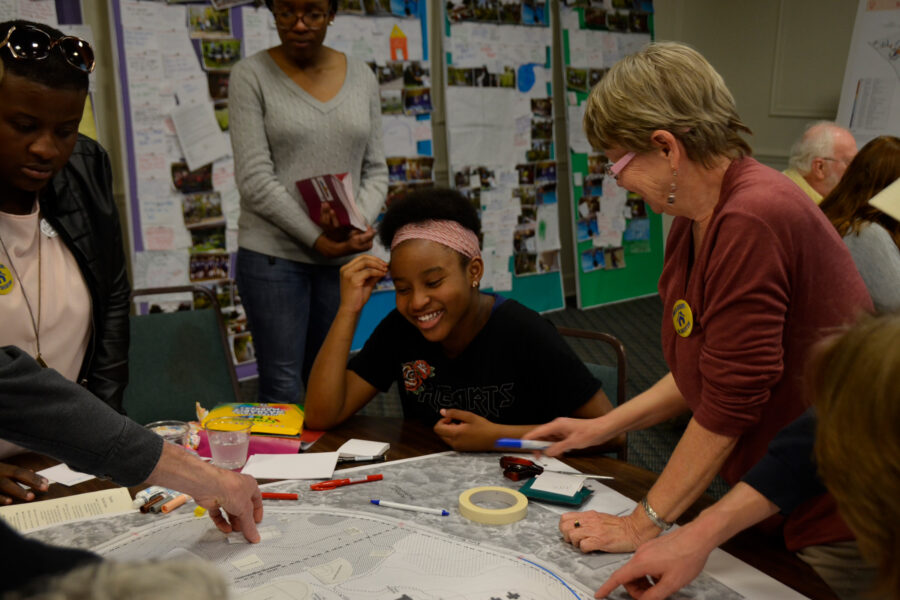
Community meetings were a vital part of planning for Legacy Park, a 77-acre development in Decatur, Georgia. Photo courtesy of Cooper Carry
One big contributor in Robinson’s estimation is the now-familiar concept of the “third place,” or “the space where you go to be that isn’t work or home, where you feel like you belong.”
That sense of belonging is key: Simply designating a third place doesn’t make it so. “I love when clients are like, ‘Let’s build a third place!’ Like, we can build a great space, but we can’t guarantee it will become your community’s third place,” Robinson says. “I truly believe, in order for it to become that, you have to have a certain level of engagement with the community—they will tell you what they want it to be.”
That approach informed Cooper Carry’s recent renovation of Atlanta’s Fulton County Central Library. The 1980 building, a brutalist design by Marcel Breuer, had a lot of architectural significance, Robinson says. But through a series of listening sessions with library patrons, staff, and other stakeholders, it became clear that “for the library to be better utilized, it needed to be more welcoming.”
That meant opening up the ground floor, allowing in more natural light, and “making the front more of a plaza that’s more connected to Peachtree Street,” along with reorienting interior spaces to match evolving expectations of a library’s purpose—serving not just as a repository for books but as an inviting community hub. Community input was perhaps even more central to Cooper Carry’s planning work for Legacy Park, a 77-acre development in Decatur, Georgia. “We always start the story by saying on a rainy Sunday afternoon, more than 500 people came out to lend their voice,” Robinson says of the initial community meeting, which kicked off a yearlong series of workshops to create a master plan.
Significantly, part of that master plan was empowering the community to implement new features in the park as Decatur’s needs evolve, Robinson says. “We gave them the framework and the tools to let some of it be grassroots.”
In Robinson’s eyes, that thread of self-determination is essential to equitable urban planning. “I have a special fondness for communities that look a little bit like where I grew up, because a lot of the disinvestment that happened was in minority communities,” she says. “And so how could I professionally work to make that young girl walking to work happy again? That’s what gets me going every day.”

